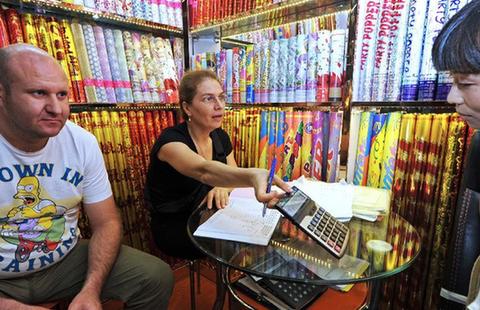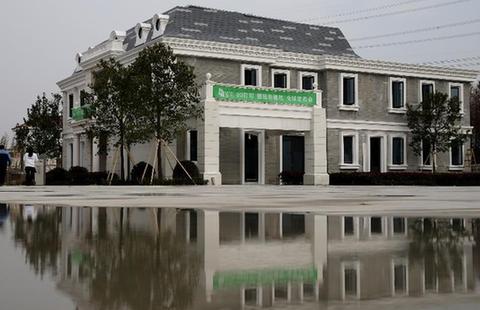Li to boost global confidence in China's restructuring economy
(Xinhua) Updated: 2015-01-20 14:16The year of 2014 marked the beginning of a new round of comprehensive reforms in China, featuring a carefully managed slowdown from previous high-speed growth and a fundamental shift of the development mode, with more emphasis laid on efficiency and growth quality.
"The Chinese economy has entered a state of new normal. The whole world is attentive to the interpretation of the Chinese leader on the country's future growth," said Ding Yifan, a scholar with China's Development Research Center of the State Council.
"The Davos forum is an appropriate place for Premier Li to expound on China's confidence," he said.
"The growth and stability of the Chinese economy will bring more confidence to the world as well," he added.
Ding said that this year will see an "explosion" of economic reforms in China, which are meant to enable the Chinese economy to embark upon a path of more sustainable development.
"We will see more reform measures and more achievements," he said.
Klaus Schwab, founder and executive chairman of the WEF, also sounded optimistic about the outlook of the Chinese economy in a recent interview with Xinhua.
"Even with 7 percent growth - the government's target for 2015 - China is likely to remain the largest contributor to the global economic growth. That is impressive, considering many of China's key trade partners, including Europe and Russia, are experiencing sluggish growth," said Schwab.
According to the IMF, China's contribution to the global newly-added GDP was 27.8 percent in 2014.
"China has not only been a stabilizer in the global economy, but also a main power engine since the international financial crisis," a senior researcher with the China Institute of Contemporary International Relations said.
- China's economic structure improves in 2014
- China's real estate investment growth slows in 2014
- China 2014 retail sales up 12%
- China's miraculous growth ends, 'new normal' growth story dawns
- China's 2014 fixed-asset investment growth further cools
- Grand Lisboa: a luxury casino in Macao
- Tariff reform brings more transparency to power sector
- Chinese banks expand financial services for companies going global
















